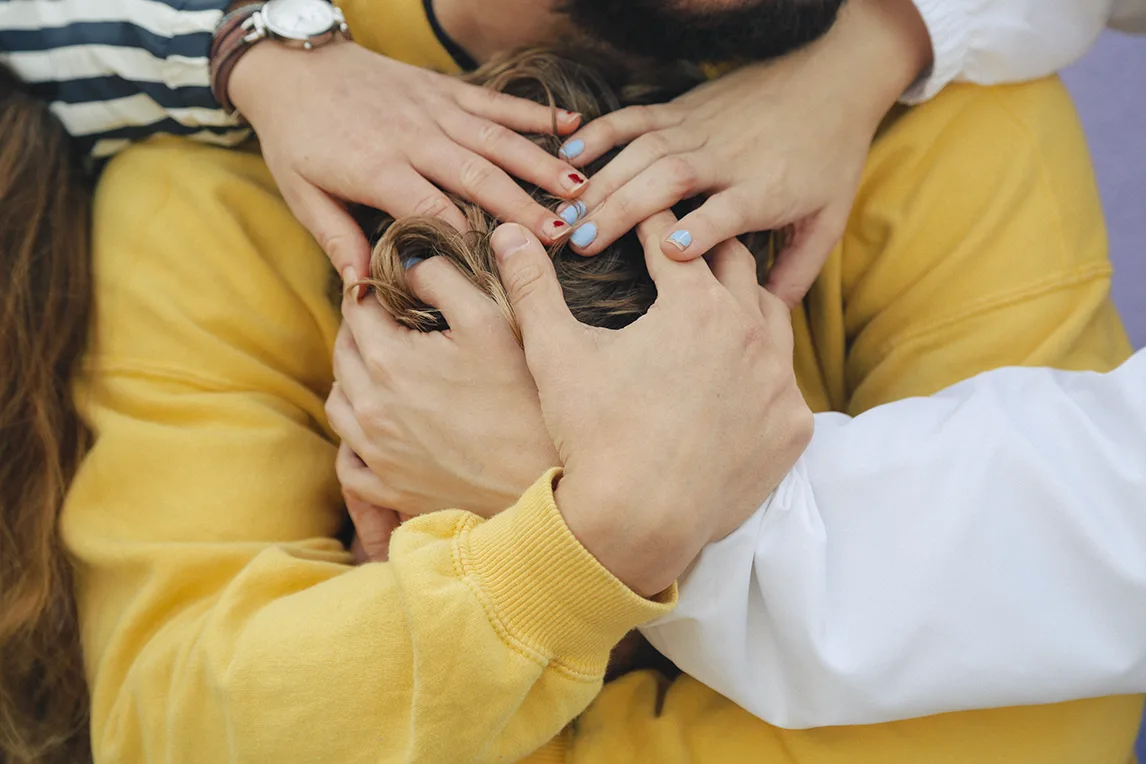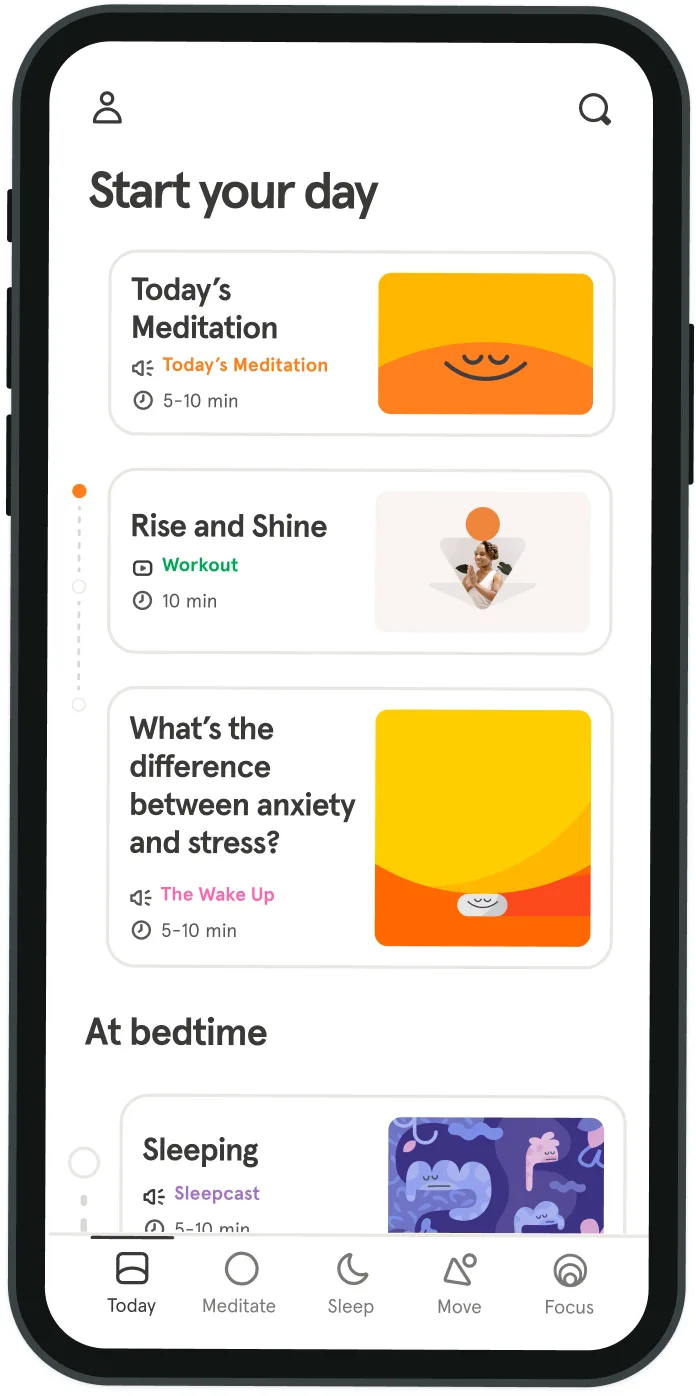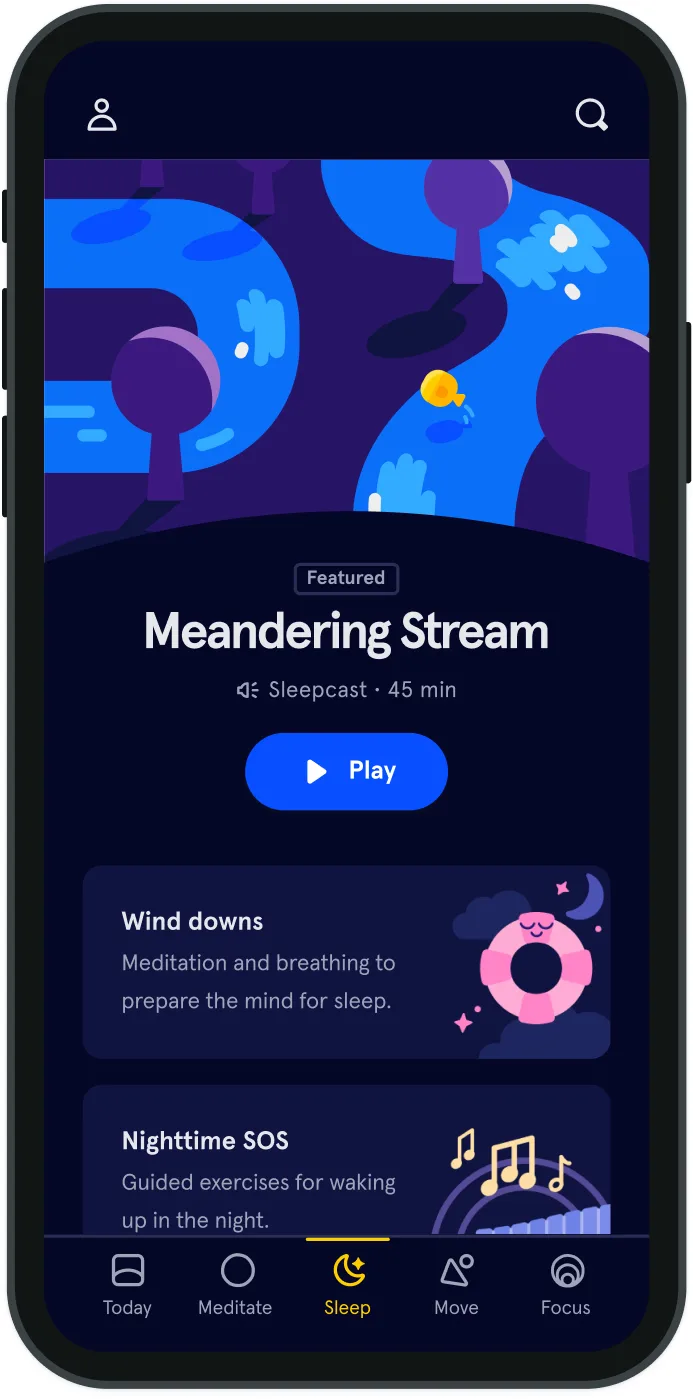How to stop pretending you’re texting someone and actually enjoy a party
The importance of a good impression isn’t lost on me: I moved three times in the past three years, so most every meeting is an opportunity for a valuable new friendship. Don’t mess this up, my mind commands me—as if the pressure helps.
Even as I’ve managed to get my nerves in check in other areas of my life, social anxiety affects me in dozens of small ways throughout most days. From interactions with the coffee shop barista to conversations with someone I hope will become a friend, I constantly worry that my awkwardness will be revealed at any moment. My weighty self-monitoring occasionally causes me to fumble over my words—and when I’m asked to repeat myself, my insecurity festers even deeper. Even when everything appears to go smoothly, I walk away replaying what I said and how the person responded, analyzing for any signs that my awkwardness was revealed. In a strange way, that’s also the good news. As licensed independent clinical social worker Melissa DaSilva reassured me, I am almost certainly the only one scrutinizing my words to such an extent. “Nobody else reruns what you said, how you said it, what you wore, how you looked, or what you did more than yourself,” she reminded me. “Give yourself a break and remember that what you see as a huge issue will not even be seen by most.” With that in mind and armed with these seven tips, I hope to feel social—without the anxiety.
Prepare topics of conversation
This tactic is tried and true for a reason—and doesn’t even require a stack of note cards. DaSilva suggested keeping it simple by asking whoever you are talking with about themselves, what brought them to the event and what they do for fun. Be present and listen so you can ask follow-up questions. By staying engaged in the conversation, you won’t have as much time to worry about yourself.
Know what you’re getting into
One way to lessen social anxiety is by removing as many unknowns as possible. For example, if you feel anxious talking to people at an event: Laura Ryan, licensed marriage and family therapist, recommends learning ahead of time who else is attending and what the venue is like.
While you’re at it, come up with an exit strategy—a trip to the bar, restroom or outdoor space where you can collect yourself. If it comes to that, Ryan said there’s no reason to give yourself a hard time. “The important thing is that you respect your own needs as they happen and do the necessary self-care to get yourself back on track.”
Practice meditation
Both DaSilva and Ryan said their clients who struggle with social anxiety experience benefits from daily practices of meditation. As Ryan explained, “When we focus on being present in our experiences, we are less likely to get in our own heads and talk ourselves into an anxious state or a pattern of negative thinking.”
Improve your breathing skills
When breathing gets out of whack, the body responds by going into fight-or-flight mode—not very helpful if you’re in the midst of a conversation. To overcome this, DaSilva suggested gradually lengthening meditation practices to become more mindful of your breathing. “When you can tune into your breathing patterns and change them quickly, you will be able to control the responses when faced with anxiety-provoking events,” she said. “The more you practice and the longer your practice sessions are, the easier it will be for you to cope when you are anxious.”
Test conversation skills with strangers
My anxiety is at its worst during the first few times I get together with a potential friend. There just seems to be so much at stake. The easy solution, DaSilva said, is to practice conversational skills in “low-risk” environments, such as by chatting up a cashier or bonding with someone over your dogs at the park. As someone who also struggles with social anxiety, DaSilva said she reminds herself during these situations, “Who cares what they think of me? I will probably never see them again.”
Take the focus off yourself
DaSilva said it helps to point the conversation in a direction other than yourself. For her, the solution was getting her pet certified as a therapy dog. “I found that taking the attention off me and putting it on my dog in social settings made me feel at ease,” she said. “It also gave me a great topic to talk to others about when they would come over to pet him.” For me, having a new baby turned out to be pretty helpful for small talk. (I don’t mind talking about how cute he is!) That said, if you’re not ready to add a member to your family, furry or otherwise, you can always carry a book you are reading to allow for an easy topic.
Fake it until you make it
In my experience, getting flustered is a quick downward spiral: the more I think about it, the worse it gets. Instead, DaSilva suggested literally laughing it off—and soon enough your brain will be tricked into thinking you actually are having fun. It may also help to identify someone who seems to feel the same way. “You know you can spot your socially awkward soul mate. You are kindred spirits. Rescue them while rescuing yourself,” DaSilva said. “Ask them about themselves and let them know that you feel odd in these types of settings. Chances are, they will agree with you.”

Getting flustered is a quick downward spiral: the more I think about it, the worse it gets.
Emily Glover
Getting flustered is a quick downward spiral: the more I think about it, the worse it gets.
Emily Glover


Be kind to your mind
- Access the full library of 500+ meditations on everything from stress, to resilience, to compassion
- Put your mind to bed with sleep sounds, music, and wind-down exercises
- Make mindfulness a part of your daily routine with tension-releasing workouts, relaxing yoga, Focus music playlists, and more
Meditation and mindfulness for any mind, any mood, any goal
- © 2024 Headspace Inc.
- Terms & conditions
- Privacy policy
- Consumer Health Data
- Your privacy choices
- CA Privacy Notice
